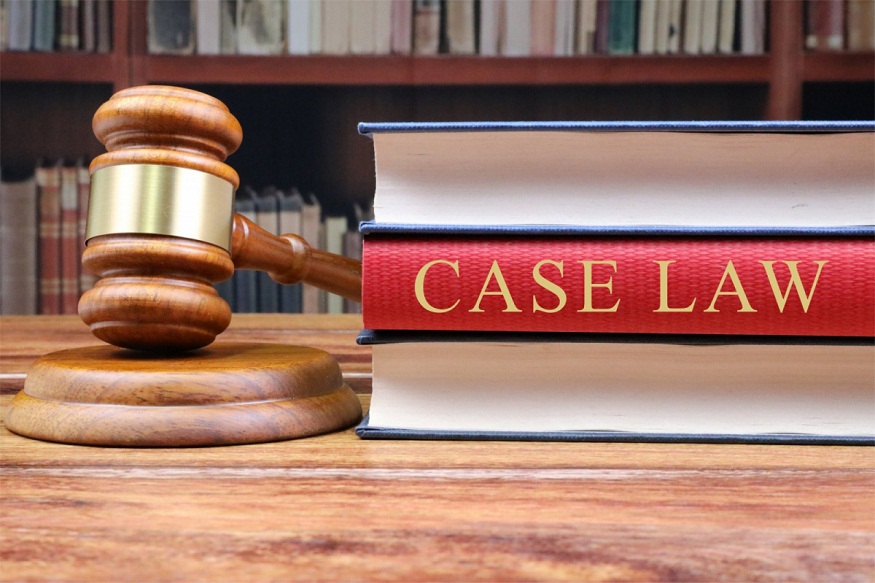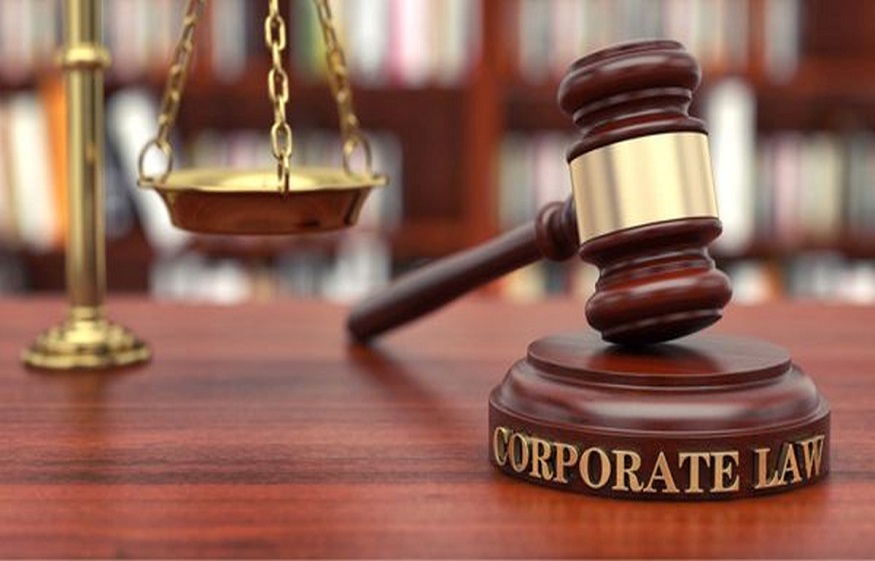
The practical case is a legal exercise which consists of presenting a student with a factual situation concealing several legal problems to be resolved using the syllogism method (legal reasoning in three stages: a major one, a minor one and a conclusion).
You must master the practical case methodology for at least two reasons. First, it is an essential legal exercise that is the subject of many midterms. Second, universities are often criticized for being disconnected from practice… but it is the legal exercise that comes closest to professional practice! Whether you are a lawyer, judge, bailiff… you will have to use the practical case methodology to solve legal problems.
Corrected practical cases
Although this course already includes many examples, you will find:
Definition of the legal practical case
The national commission for the 2020 CRFPA entrance exam recently indicated that the law of obligations, procedure and specialty tests will be the subject of a “consultation”.
It is therefore important to clearly distinguish between consultation and practical cases.
The practical case
This is a legal exercise that involves presenting a student with a factual situation concealing several legal problems that must be resolved using the syllogism method (legal reasoning in three stages: a major, a minor, and a conclusion). The exercise involves putting oneself in the judge’s position.
You must chronologically:
Finding the legal issue(s) hidden in the facts unless the issues are clearly stated;
Provide a reasoned answer to the question posed by deciding yourself in the appropriate direction.
The consultation
This is a legal exercise that involves presenting a student with a factual situation that conceals legal problems that must be resolved using the syllogism method . However, the person consulting you generally has a very specific objective and asks you to report on the state of positive law in relation to this objective.
The objective is to enlighten the person consulting you, either to inform them (the exercise then comes close to a practical case) or to help them achieve an objective (the exercise therefore consists of directing their legal arguments in a specific direction). In the latter case, the exercise is more delicate since it consists of putting yourself in the position of the lawyer (in the context of their legal advisory role).
While it is interesting to know this distinction between practical cases and consultations, it is, however, pointless to approach them using a different method. In consultations, you will generally find instructions at the end of the subject that allow you to know exactly what the examiner expects from you.
In any case, whether it is a consultation or a practical case , you will have to respond legally to a legal problem in order to draw a conclusion.





